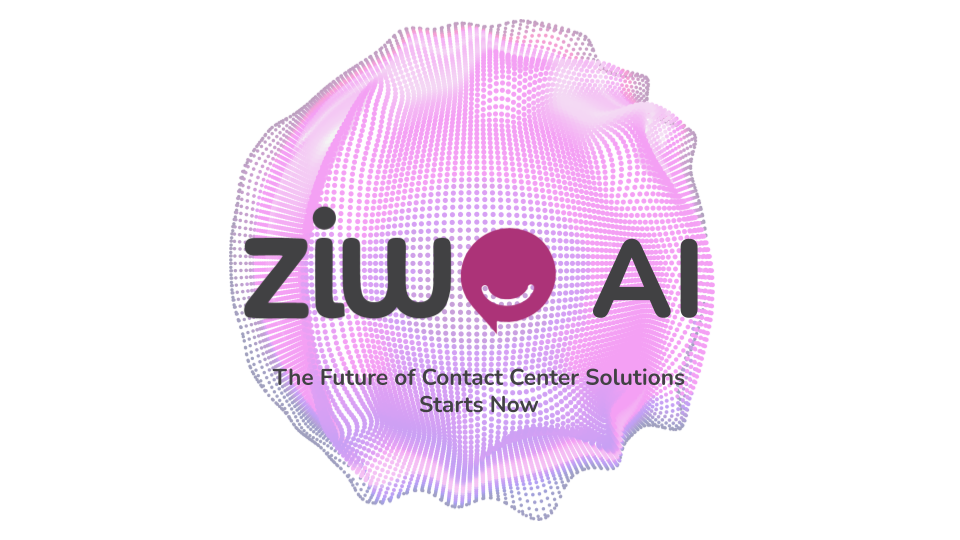Published the Feb 16, 2023
Tips for Managing Remote Call Center Agents
Effective Strategies for Managing Remote Call Center Agents: Tips for Improving Performance and Productivity #Important tips for supervisors#

Managing remote agents can be a challenging task for managers, especially in the current remote work landscape. With the rise of remote work due to the pandemic, more and more companies are turning to remote agents to perform a variety of tasks. However, managing remote agents can be difficult if you’re not prepared. Here are some tips to help you manage your remote agents effectively, but first let’s understand the role of supervisors in this process.
The Role of Supervisors in Managing Remote Call Center Agents
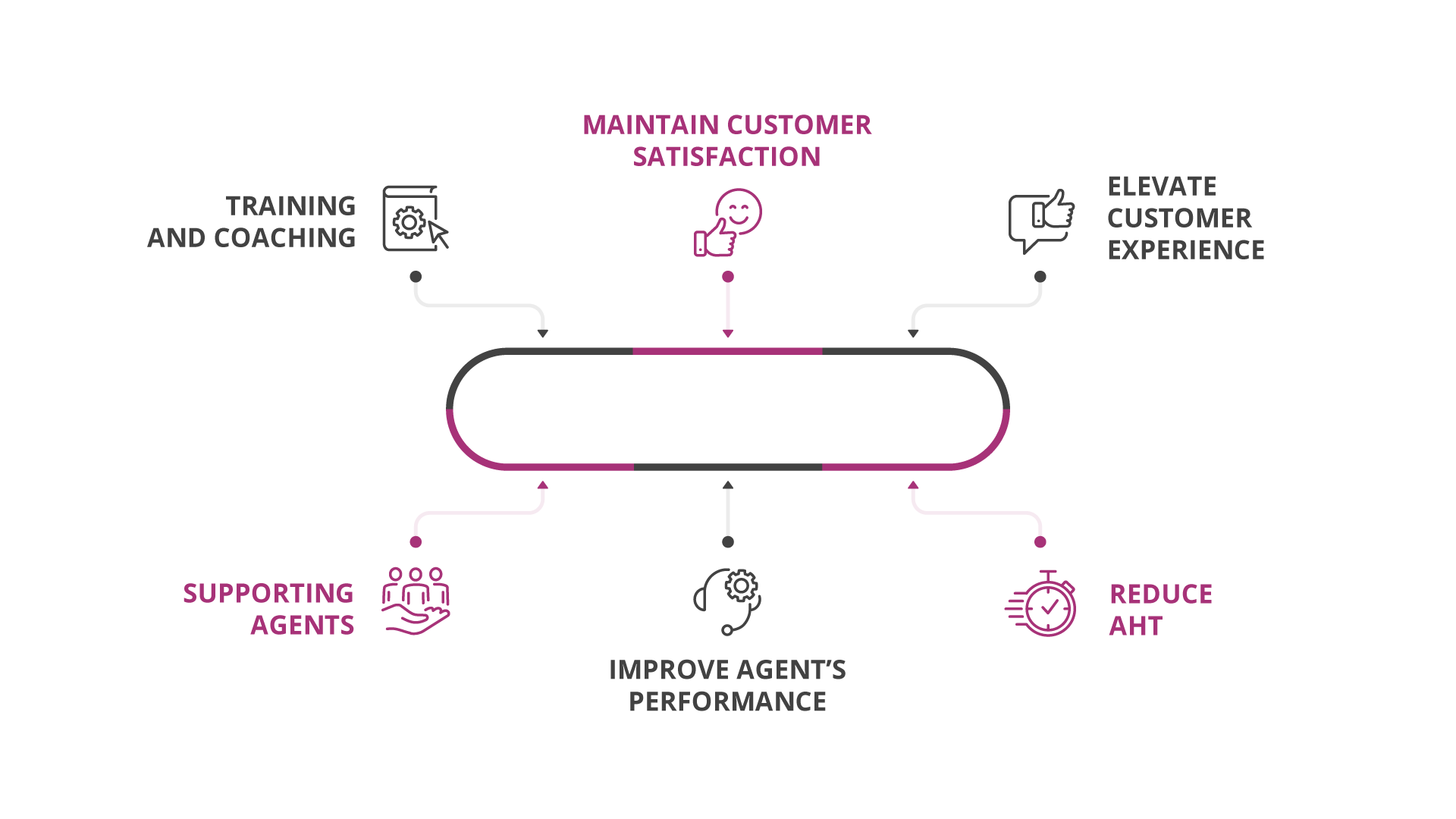 The supervisor is a crucial figure in managing a remote call center. They are responsible for ensuring an excellent customer experience and the success of campaigns by implementing tactics that help achieve predetermined goals.
The supervisor is a crucial figure in managing a remote call center. They are responsible for ensuring an excellent customer experience and the success of campaigns by implementing tactics that help achieve predetermined goals.
These goals can be both qualitative, such as ensuring customer satisfaction, and quantitative, such as reducing average handling time or increasing the number of calls handled. The supervisor also plays a key role in maintaining customer satisfaction by being available to provide guidance during remote agent-customer interactions.
Additionally, the supervisor is responsible for analyzing the performance of the remote team and identifying any KPIs that need improvement in order to create an environment that is conducive to high performance. Overall, the supervisor’s role is to support the remote call center agents by providing them with the tools and resources they need to excel in their roles.
Provide Remote Call Center Agents with Necessary Tools

Providing your remote call center agents with the necessary tools and equipment is essential to ensuring they can work efficiently and effectively. Invest in technology that makes remote work easier, such as a cloud-based communication platform that allows for easy communication and file sharing.
Each agent should have access to a well-equipped workstation, including a good PC, a call center headset, a dual-screen, and a reliable broadband connection. Additionally, it is important to provide them with the appropriate software tools such as a CRM system optimized for remote work, and a high-quality cloud contact center solution such as Ziwo, ticketing, and flow routing systems. Implementing a cybersecurity policy to protect systems and data is also important. This includes using an antivirus, and regular data backups.
Clearly Define Goals

One of the most important things you can do when managing remote agents is to clearly define your expectations and goals. Make sure that your remote agents understand what is expected of them, and that they have a clear understanding of their responsibilities. This will help them to stay focused and motivated, and it will also help you to hold them accountable for their work.
Communicate Regularly

Remote work can often feel isolating, so it’s important to communicate regularly with your remote agents. This can be done through email, video conferencing, or instant messaging. Make sure that your remote agents know that they can reach out to you if they have any questions or concerns. This will help to build trust and foster a positive working relationship.
Use Project Management Tools
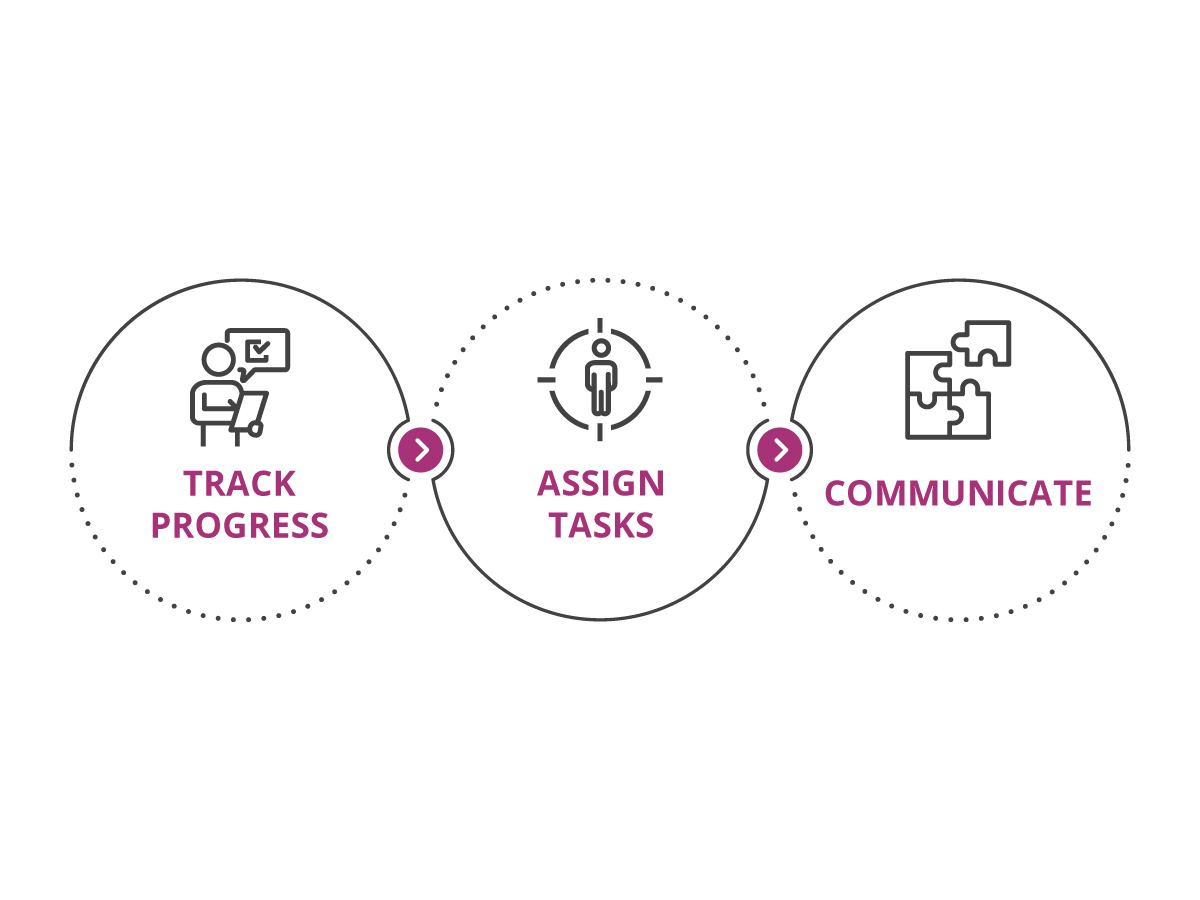
Project management tools can be incredibly helpful when it comes to managing remote agents. These tools allow you to track progress, assign tasks, and communicate with your remote agents in one central location. Some popular project management tools include Asana, Trello, and Basecamp.
Set up a Virtual office

A virtual office can be a great way to keep your remote agents connected and engaged. This can be a virtual meeting space where remote agents can come together to collaborate and share ideas. This can be done through video conferencing tools, or through online collaboration tools like Google Docs.
Real-time Quality Monitoring
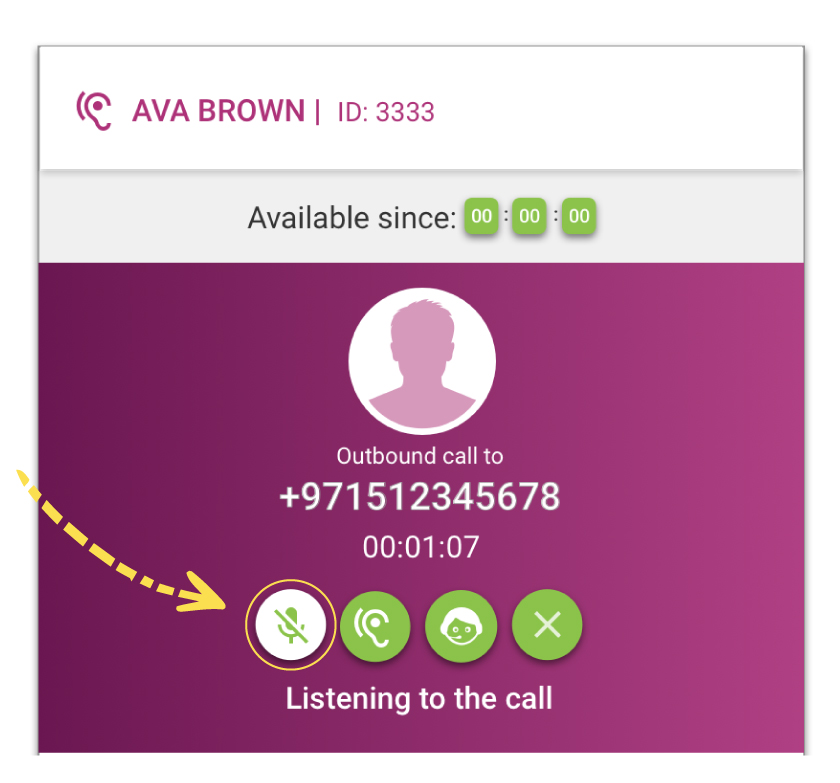
Real-time Quality Monitoring is a vital aspect of managing a remote call center. Ensuring that agents are well-trained and capable of providing customer satisfaction is crucial, as well as understanding customer feedback to identify areas for improvement. ZIWO is a great tool for monitoring agent performance, it has multiple options where it allows supervisors to track and monitor live agent performance.
**Here are some ways to monitor the quality of your remote call center:
Call recording:
A valuable tool for monitoring call center interactions and tracking how agents interact with customers.
Agent monitoring: Agents should be made aware of any errors and provided with ways to correct them. Tracking their activity also helps to ensure they understand the issues.
Statistics:
Utilizing statistics functions allows for evaluating key performance indicators such as missed calls, average waiting time, abandoned calls, NPS, FCR, etc.
Quality monitoring usually involves reviewing recorded calls or conversations and evaluating call handling based on a scorecard, which can include both qualitative elements like personalization and active listening and quantitative elements like contact rates and processing time. It can also rely on automated call analysis tools that use emotion analysis and speech analytics processes.
Provide Training and Development Opportunities
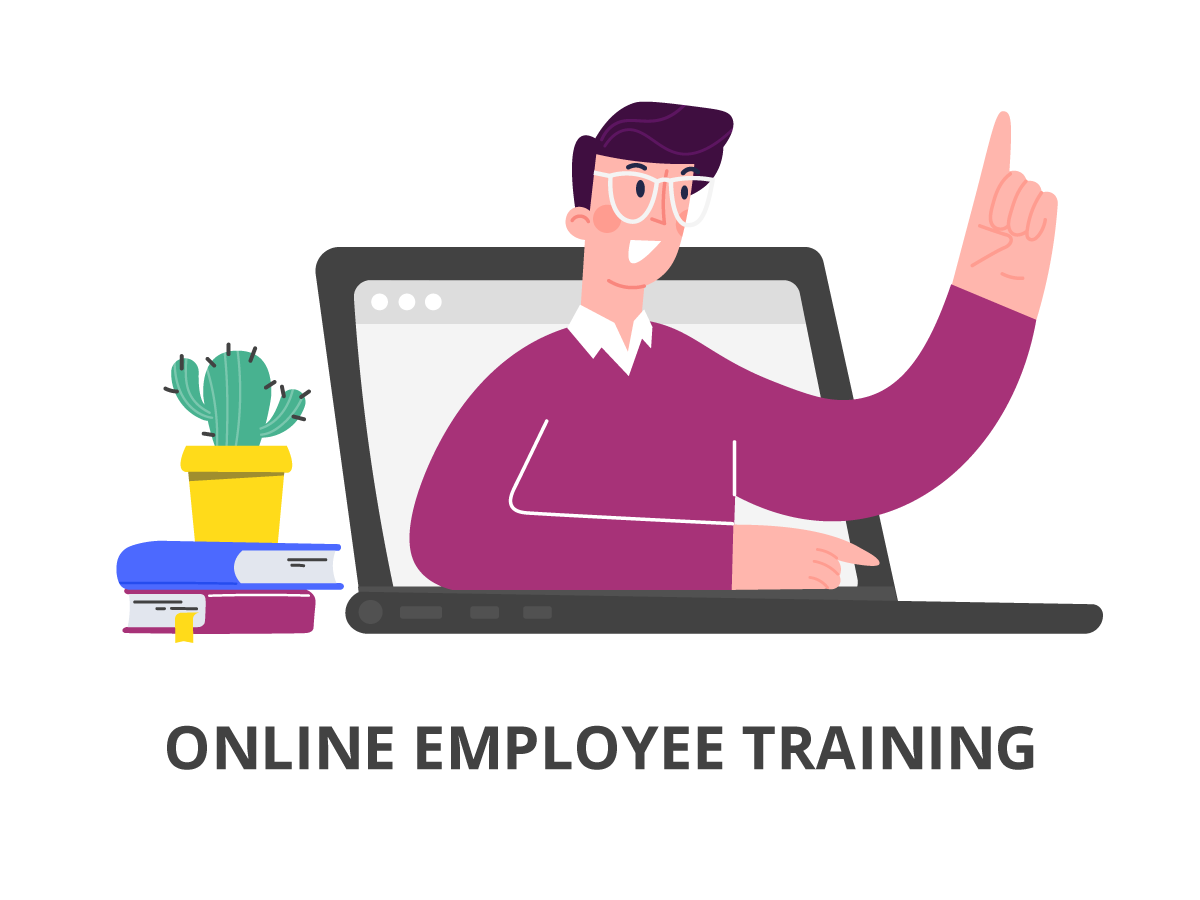
Remote agents need to be provided with training and development opportunities to help them grow and succeed. Make sure that your remote agents have access to the resources they need to do their job well, such as training materials and software. You can also invest in professional development opportunities, such as webinars, workshops, or online courses.
Recognize & Reward Good Work

It’s important to recognize and reward good work when managing remote agents. This can be done through verbal or written praise, bonuses, or other incentives. This will help to keep your remote agents motivated and engaged in their work.
Be Flexible
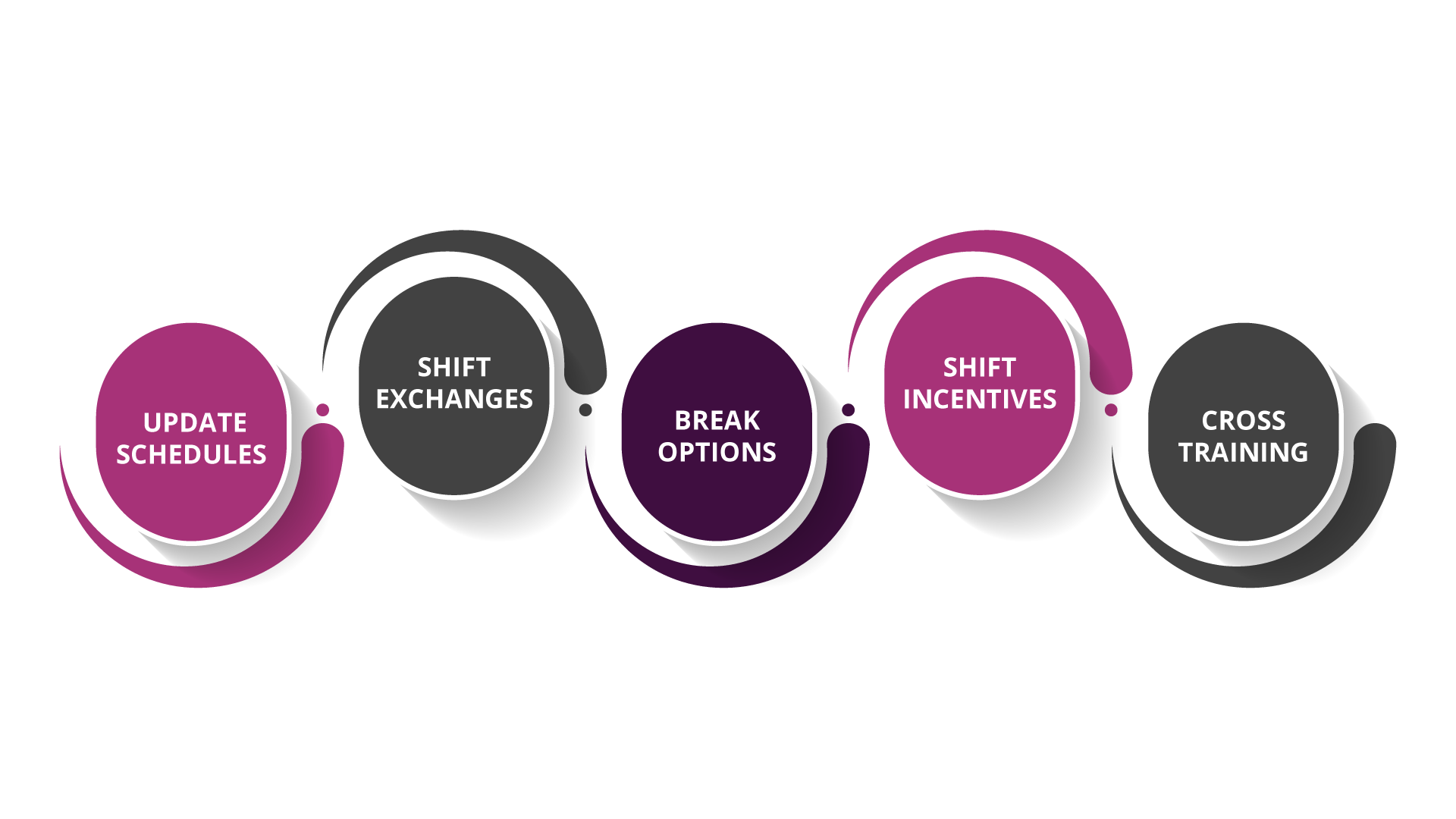
Remote work can be challenging, and it’s important to be flexible when managing remote agents. This means being open to different working styles, and accommodating unexpected changes. For example, remote agents may have different working hours than you or may need to take time off due to unexpected circumstances. It’s important to be understanding and flexible to accommodate these needs.
In conclusion, managing remote agents can be a challenging task, but it can be done effectively with the right approach. By clearly defining expectations and goals, communicating regularly, using project management tools, setting up a virtual office, providing training and development opportunities, recognizing and rewarding good work, and being flexible, managers can successfully manage remote agents and build a productive and positive working relationship.
Conclusion
Managing remote agents is extremely important for achieving long-term consistency in a contact center. Incorporating remote agents into both managerial decisions and technology is essential for a positive agent experience.
Implementing tools for monitoring productivity and planning can help meet the needs of both customers and agents, by promoting effective schemes for task organization, coaching, training, meetings, and work schedules, while also preserving work-life balance.
Our Cloud Contact Center Solution, ZIWO, enables teams of agents to seamlessly transition to a remote environment and back to the office without any interruption to workflow. You can achieve it with just a laptop, a headset, and an internet connection. Try it here for FREE!
Our telephony solution also supports a wide variety of CRMs, including Salesforce, Intercom, Zoho, Freshdesk, and much more.
As a provider specifically designed for contact centers, ZIWO offers optimized technical solutions for usability, compliance, and pricing, to meet the unique needs of contact centers around the world.
>
How the pandemic has changed Remote Working 5 Top Trends for the Next Decade
How virtual agents can help your business in today’s situation?
>
>
Readings
Latest News
Interviews, tips, guides, industry best practices, and news.
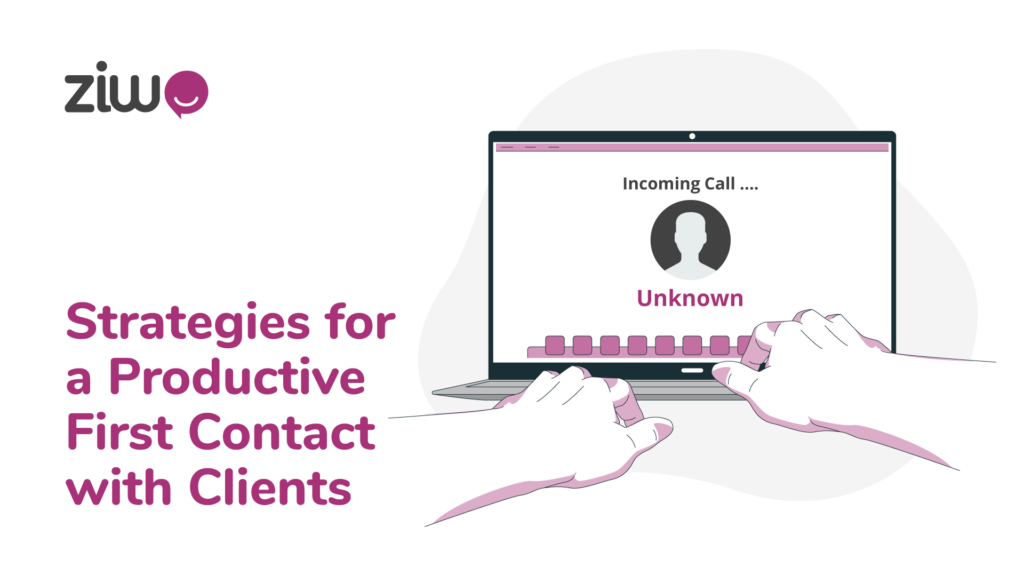
Strategies for a Productive First Contact with Clients
Take time to focus on the First Contact with Clients, so you can adjust the customer experience (CX) strategy to provide the best service.
Read post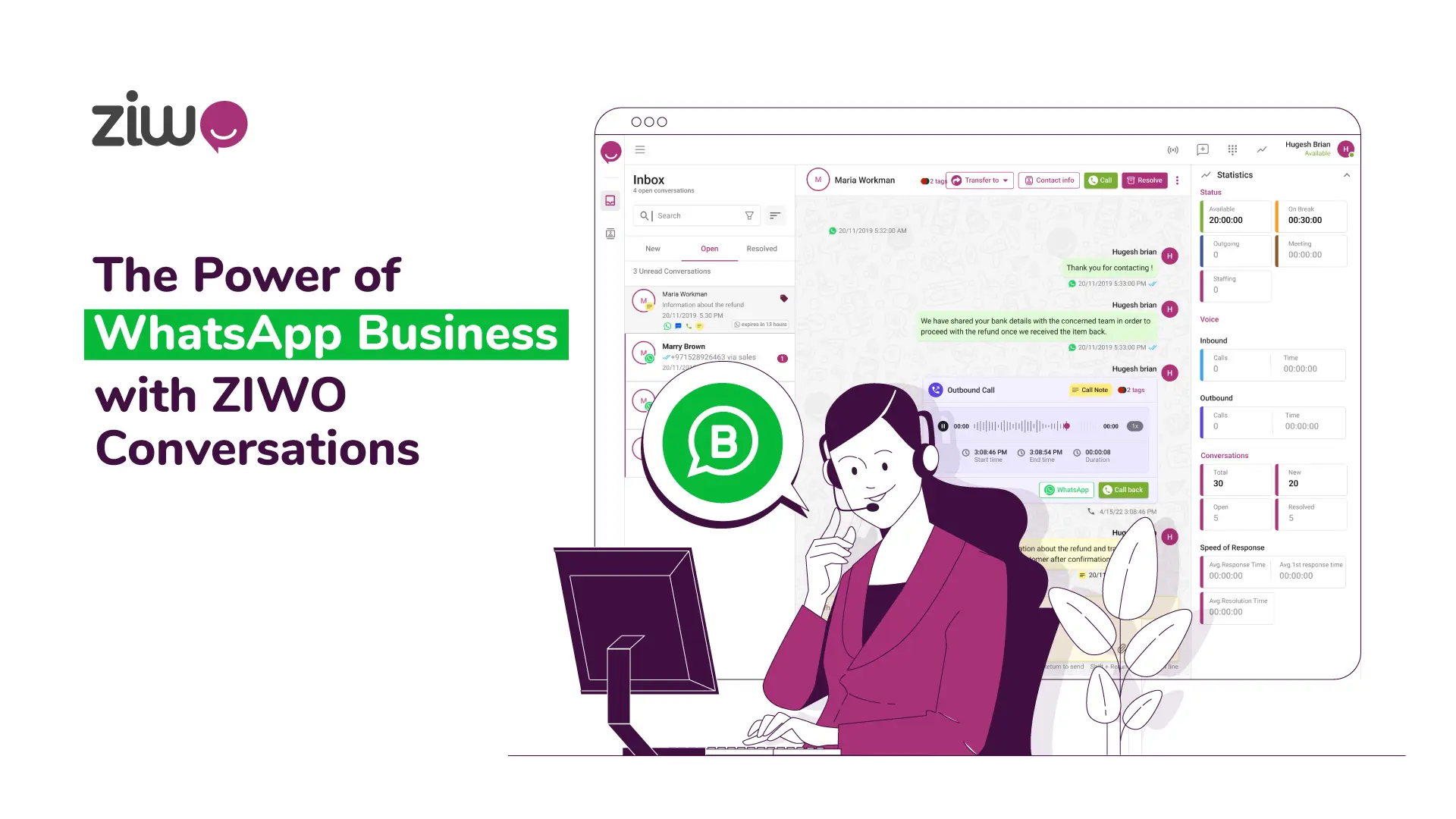
The Power of WhatsApp Business with ZIWO Conversations
ZIWO Conversations is recognized as the premier WhatsApp Business Companion, elevating both customer experiences and team collaboration to a higher standard.
Read post
Pause and Resume Call Recording – Benefits & Industries
agents can manually pause and resume call recordings, Once an administrator has enabled the feature, agents will see a button on the dialpad
Read post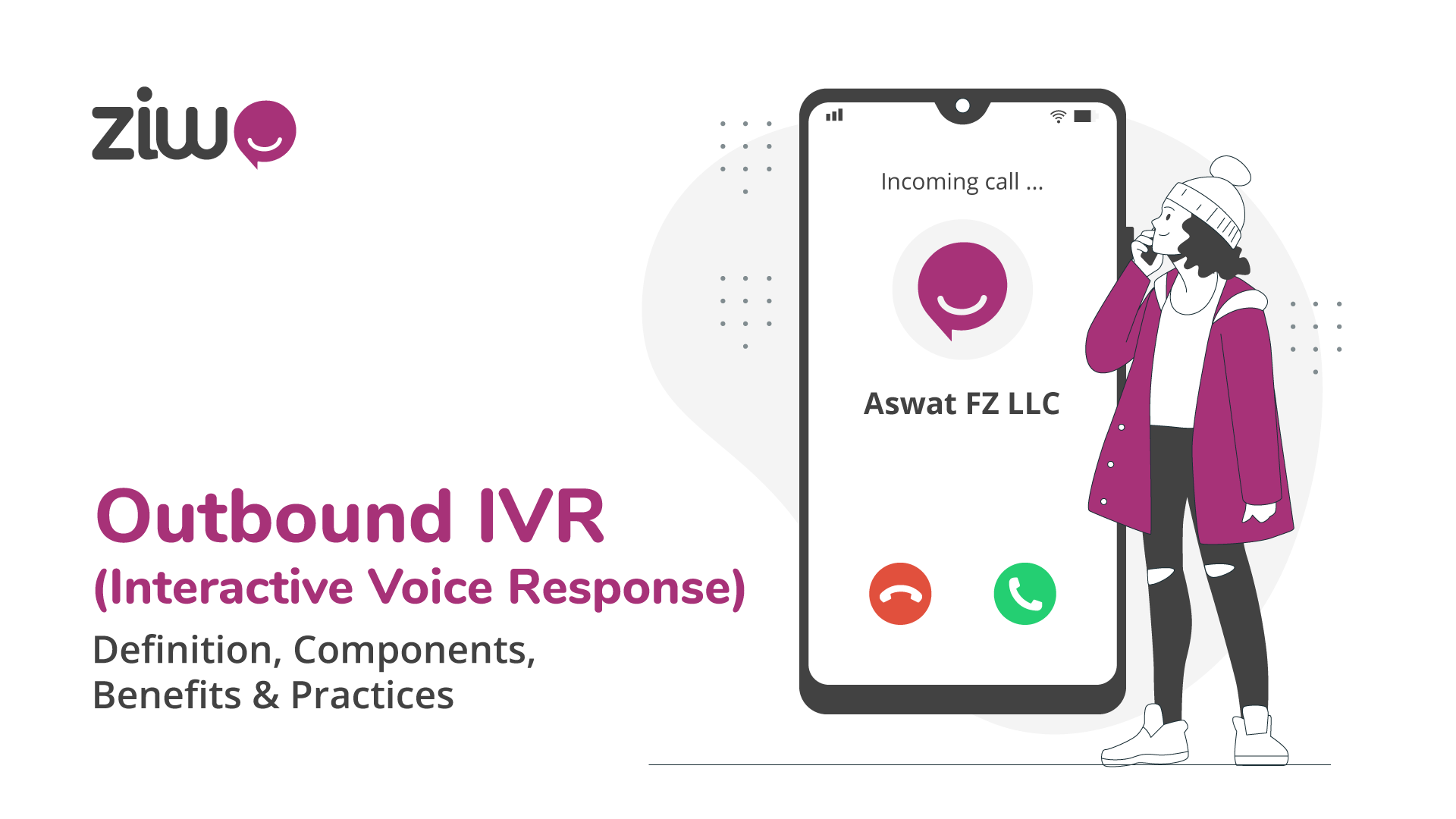
Outbound IVR (Interactive Voice Response) – Definition, Components, Benefits & Practices
Outbound IVR feature is a contact center tool that is used to proactively distribute communications to customers with a predefined IVR menu.
Read post
How to Become a Customer-Centric Organization
Ways to Build a customer-centric culture in your company, customer-centricity needs to be part of your philosophy, values, and mission daily.
Read post
Multilingual Contact Centers: Bridging Language Gaps
Discover how multilingual contact centers overcome language barriers to deliver outstanding assistance, thereby elevating customer experience
Read post



